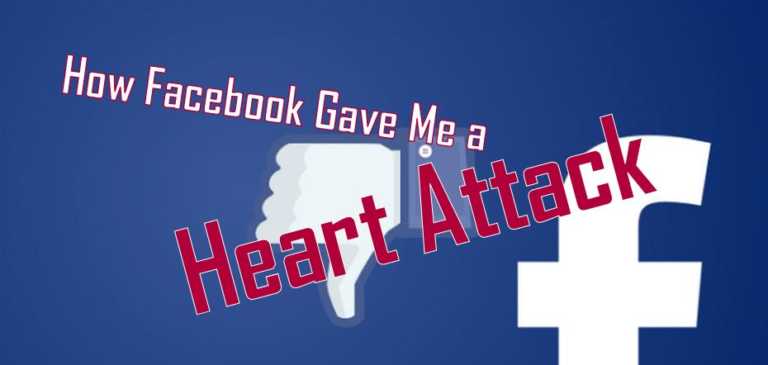Endless Scrolling Could Become “Illegal”, Coz… We’re Social Media Addicts

It’s more than a known secret now that social media companies are going the extra mile to make sure you are glued to their products by exploiting bugs in the human brain.
But a common belief is that design features like infinite scrolling and autoplay videos could play a crucial role in making people addicted, in addition to annoying users and sucking their internet data. Still, we can ignore that infinite scrolling can be very useful in some apps.
Either way, US Senator Josh Hawley has proposed a new bill (via Gizmodo) called the Social Media Addiction Reduction Technology Act (SMART). Several months after the bill comes into action, it would become illegal for social media companies to (among other restrictions):
- Add infinite scrolling to their apps and services to load more content (unless the user presses a button to do so),
- Load and display more content into the feed than a typical user scrolls in 3 minutes “without the user expressly requesting additional content.”
- Add autoplay music or videos (other than ads) unless the user consents to it by pressing a button
- Add badges or rewards that increase user engagement and do not provide any added value such as an additional service, content, or functionality.
The bill further mandates social media companies to add features allowing users to set usage timers within the app, automatically set the usage limit to 30 mins per day (and provide options to increase the limit).
Such apps and services will also have to display clearly visible pop-ups, telling users how much they have used an app, and also providing timely reports about their usage stats.
Further, the terms and conditions presented to the user should not be misleading. For instance, the “Agree” and “Disagree” buttons should look identical in terms of shape, size, font, and other visual design. Also, when a user is required to choose from a bunch of options, no option should be pre-selected.
The proposed bill might invite some positive views, allowing people to set limits on their internet lives.
Apparently, popular social media apps like Facebook and Instagram already include features that allow users to check their usage reports and add reminders. Still, there might be scope for improvement as people still can’t add usage limits.
While it seems to be taking a toll on practices that contribute to social media addiction, the overall picture of binding companies within legal chains seems like a move that’s a bit too harsh.
Also Read: How To Delete Snapchat If You Are Bored Of It?






